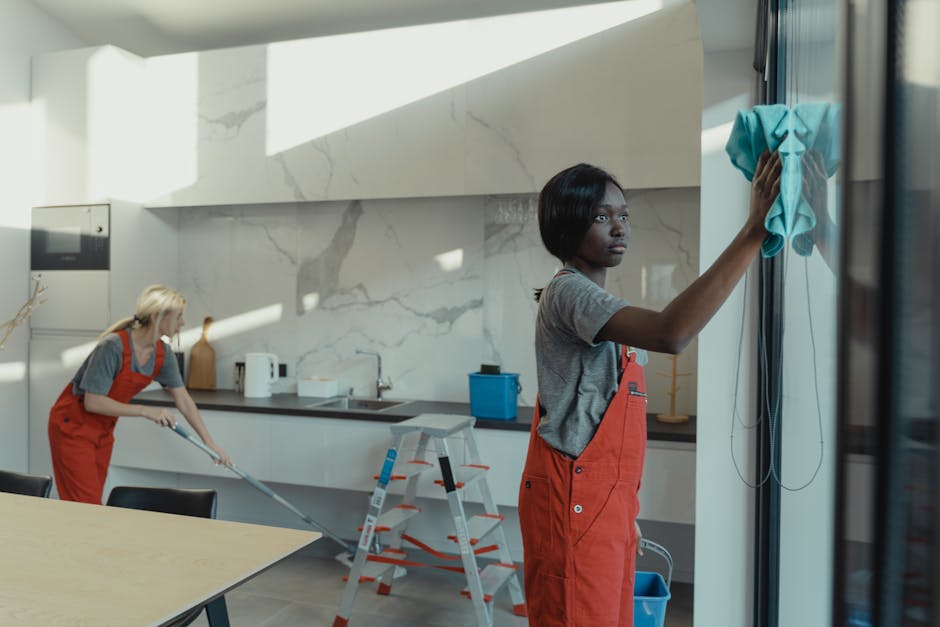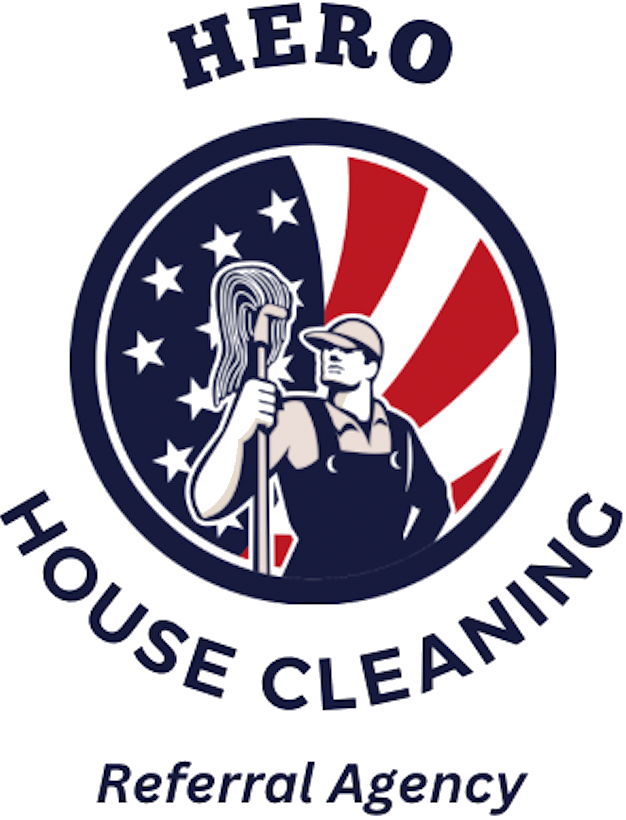Myth: Natural products are as effective as chemical disinfectants
Natural products like vinegar and essential oils are popular for cleaning, but they may not be as effective as chemical disinfectants. According to the Environmental Protection Agency, only specific natural products and essential oils have been proven to kill certain germs. Sticking to EPA-registered disinfectants ensures more reliable and thorough disinfection.

Myth: Vinegar is an all-purpose disinfectant
Vinegar is often suggested as a natural disinfectant, but it may not be as effective as you think. While it can kill some bacteria and viruses, it may not be reliable for all-purpose disinfection. According to the Centers for Disease Control and Prevention, vinegar is not registered as a disinfectant with the Environmental Protection Agency, and its effectiveness against certain pathogens is limited. It’s best to use EPA-registered disinfectants for thorough and reliable disinfection in your home.
Myth: Disinfecting and cleaning are the same thing
Disinfecting and cleaning are not the same. Cleaning involves removing dirt and germs from surfaces, which can help reduce the number of germs. Disinfecting, on the other hand, involves using chemicals to kill germs on surfaces, which can further lower the risk of spreading infection. It’s important to clean surfaces before disinfecting to ensure the disinfectant can work effectively.
Myth: You can’t over-disinfect your home
According to experts, over-disinfecting your home can actually be harmful. Using too many disinfectants can lead to skin irritation and even contribute to antibiotic resistance in bacteria. Additionally, overuse of disinfectants can negatively impact the environment. It’s important to follow the instructions on disinfectant labels and use them as directed to ensure their effectiveness without causing harm.
Myth: Bleach is the best disinfectant for all surfaces
Bleach is effective in killing germs on surfaces, but it is not always the best option. While it can be useful for some areas like bathrooms and floors, it may not be suitable for all surfaces in your home. Bleach can damage materials like marble, granite, and wood. It can also emit harmful fumes if not used properly. Disinfectants specifically designed for different surfaces, such as stainless steel or painted surfaces, might be a better option. Always check the label on the disinfectant to ensure it is safe for the surface you are cleaning.
Myth: Disinfecting wipes are a one-size-fits-all solution
That’s not entirely true. Disinfecting wipes may not effectively kill all germs and viruses, as they are formulated to target specific types of pathogens. For example, some wipes may be effective against bacteria but not as effective against viruses. Therefore, it’s important to read the labels to ensure that the wipes you choose are appropriate for the specific germs you want to eliminate.
Myth: Sunlight can disinfect surfaces
Sunlight alone is not enough to thoroughly disinfect surfaces. While sunlight can help reduce the number of some germs, it’s not a reliable method for complete disinfection. According to the U.S. Environmental Protection Agency (EPA), direct exposure to sunlight can help kill some bacteria and viruses, but it’s not effective against all types of germs. To ensure thorough disinfection, it’s important to use EPA-approved disinfectants and follow proper cleaning protocols.
Myth: Disinfection kills all bacteria and viruses instantly
Disinfection doesn’t kill all bacteria and viruses instantly. According to the Centers for Disease Control and Prevention (CDC), disinfectants need a certain amount of time to work effectively. It’s crucial to follow the instructions on the product label for the specific contact time required to kill the germs effectively. Always allow the disinfectant to sit on the surface for the recommended time before wiping it off.
Myth: Disinfecting electronics with alcohol-based products is safe
Many people believe that using alcohol-based products to disinfect electronics is safe. However, according to experts, alcohol-based products can damage the protective coating on screens and cause some electronics to malfunction. It is best to use cleaning products specifically designed for electronic devices to avoid damaging them.
Myth: Homemade disinfectants are better than store-bought options
Many people believe that homemade disinfectants are better than store-bought options, but this may not always be the case. Store-bought disinfectants often undergo rigorous testing and are specifically formulated to kill germs effectively. Homemade options may not have the same level of effectiveness and could potentially pose safety risks if not mixed properly. It’s essential to follow proper guidelines for disinfection to ensure your home is truly germ-free.

